Kategoria: Education
-
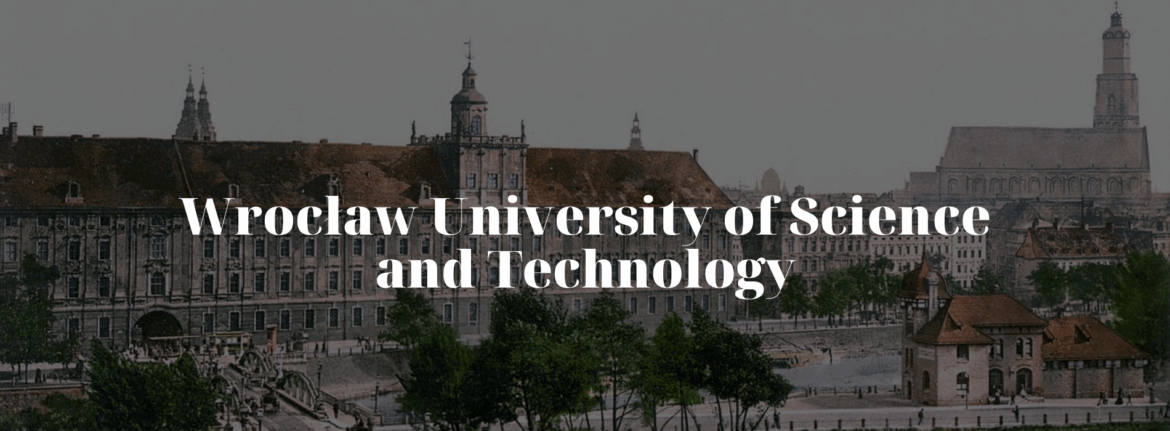
Situated in the historic city of Wrocław, the Wrocław University of Science and Technology (WUST) stands as one of Poland’s most prominent technical institutions. Known for its commitment to innovation, industry partnerships, and world-class education in engineering and applied sciences, WUST has shaped generations of scientists, engineers, and entrepreneurs. Its history, rooted in both resilience…
-
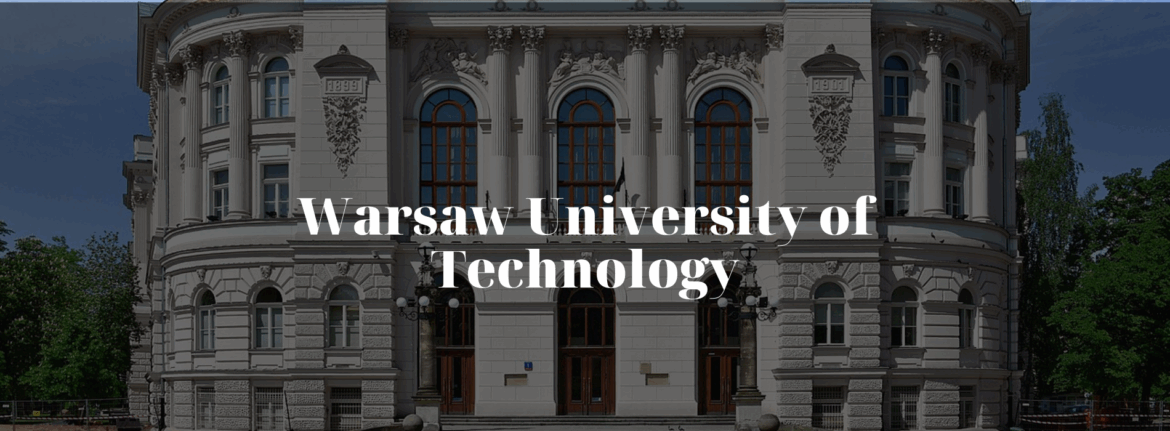
Among Poland’s most prestigious and impactful academic institutions stands the Warsaw University of Technology (Politechnika Warszawska, WUT)—a beacon of engineering excellence, innovation, and resilience. With a history shaped by Poland’s turbulent path to independence, occupation, and modernisation, the university has consistently served as a hub for scientific progress, shaping the nation’s industrial, technological, and intellectual…
-
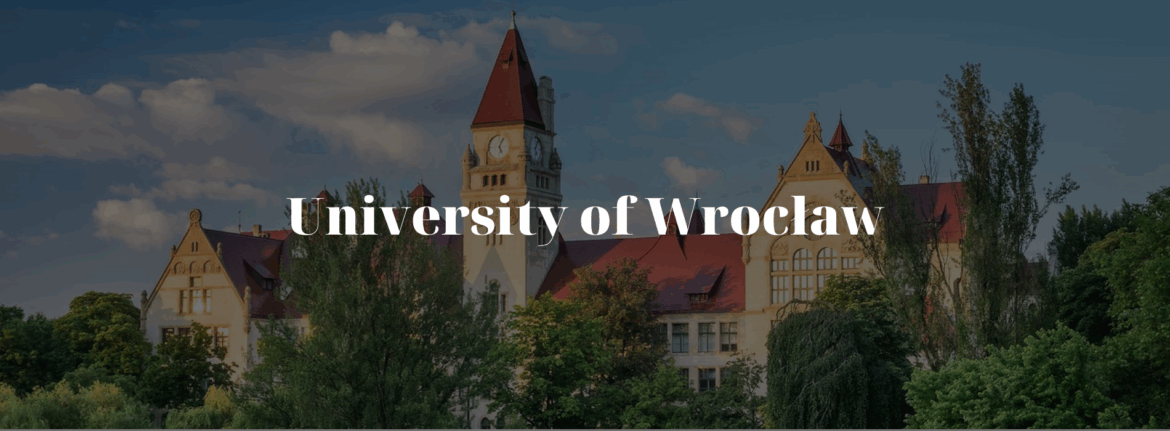
In the city of Wrocław, where the architectural elegance of centuries blends seamlessly with modern European life, stands a university that embodies both tradition and transformation: the University of Wrocław. Its story is one of persistence, political complexity, and academic achievement—stretching from medieval ambitions, through Habsburg and Prussian power struggles, to becoming one of Poland’s…
-
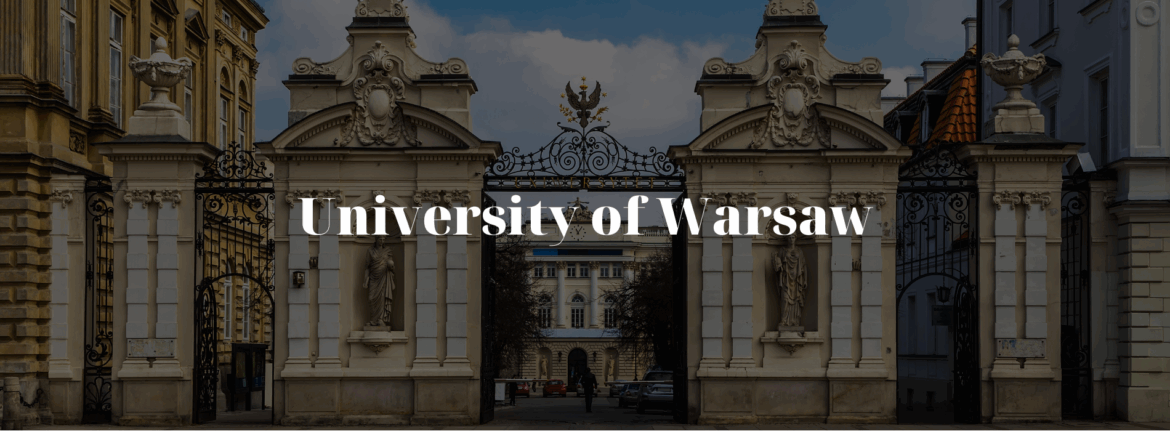
At the heart of Poland’s capital city, the University of Warsaw (Uniwersytet Warszawski) stands as a pillar of intellectual life and academic excellence. Founded in 1816, the university has become the largest and one of the most prestigious academic institutions in the country. Over the past two centuries, it has weathered political upheavals, wars, and…
-

The Polish language, rich in history and expressive nuance, has evolved continuously over the centuries. From medieval chronicles and Renaissance poetry to modern-day pop culture and internet slang, Polish has absorbed, adapted, and reshaped itself to meet the changing needs of its speakers. Today, however, it faces one of its most dynamic periods of transformation…
-
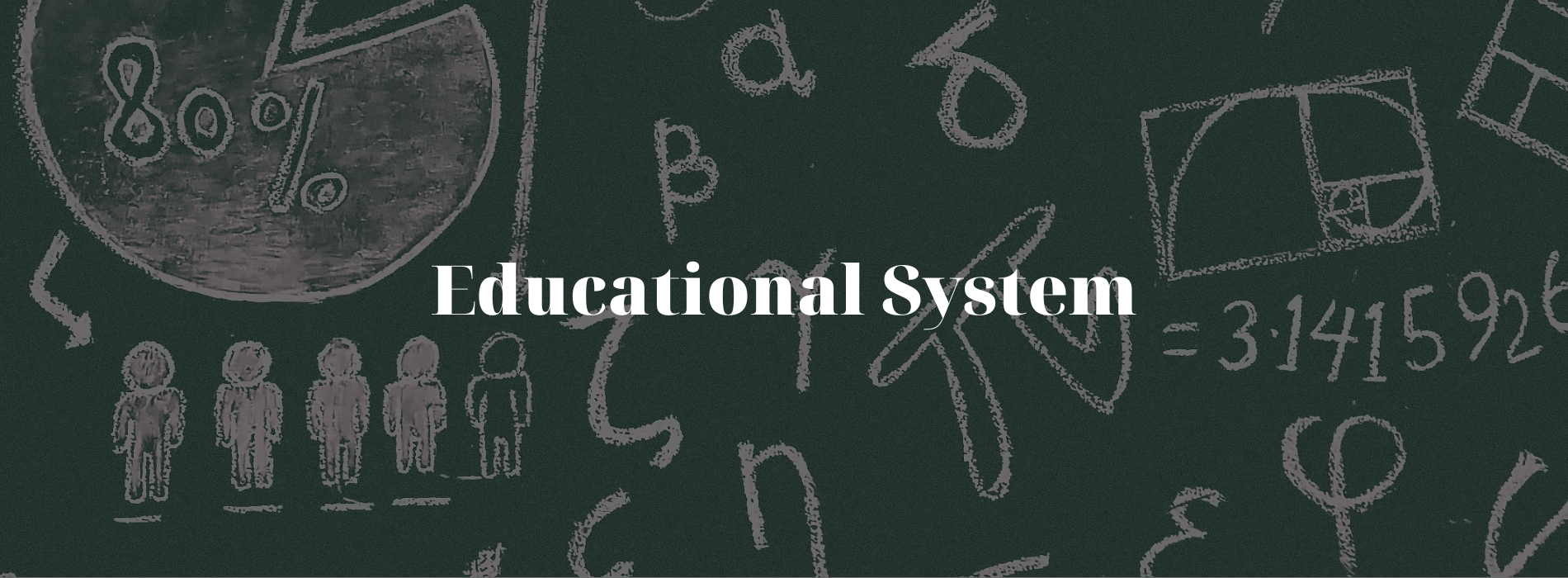
Introduction The Polish education system is a multi-tiered structure designed to guarantee the right to learn and to develop the skills needed for social and professional life. It spans early childhood education, primary and secondary schools, post‑secondary vocational schools, and higher education. While public institutions predominate, non‑public schools are playing an increasingly important role. The…
-

When navigating the Polish education system, especially for newcomers or international observers, one of the most important distinctions at the secondary level lies in the two most career-oriented paths: Technical College (Technikum) and Vocational School (Branżowa Szkoła I Stopnia). While both options prepare students for professional life, they do so in distinct ways, with different…
-
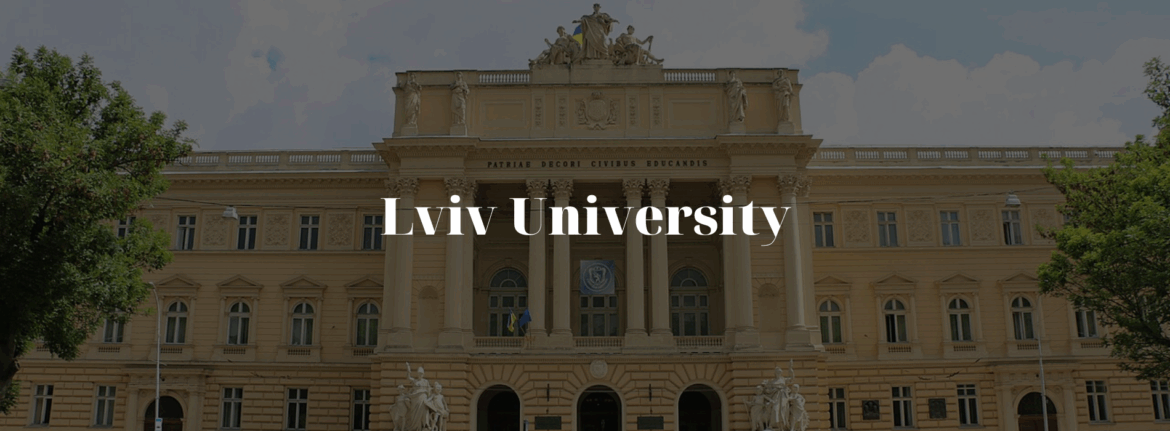
Before the borders shifted and history redrew the map of Central Europe, Lviv—then known as Lwów—was a city where Polish culture, academia, and public life thrived. At its heart stood Lwów’s Jan Kazimierz University, one of the most important academic institutions in the Second Polish Republic. Established in the 17th century, and heavily shaped by…
-
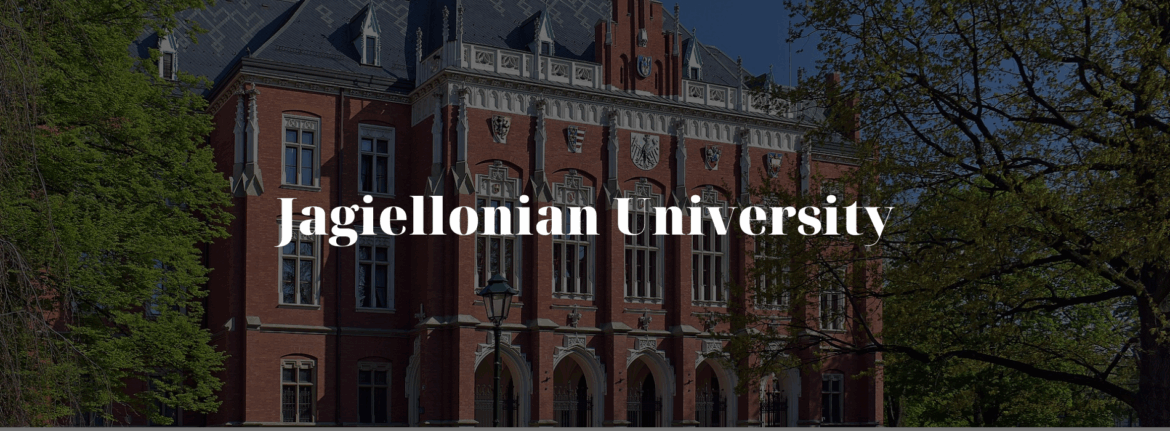
In the heart of Kraków, a city known for its cobblestone charm and layered history, stands one of Europe’s most enduring academic institutions: the Jagiellonian University. Established in 1364 by King Casimir the Great, it is the oldest university in Poland and one of the oldest continuously operating universities in the world. For over six…
-
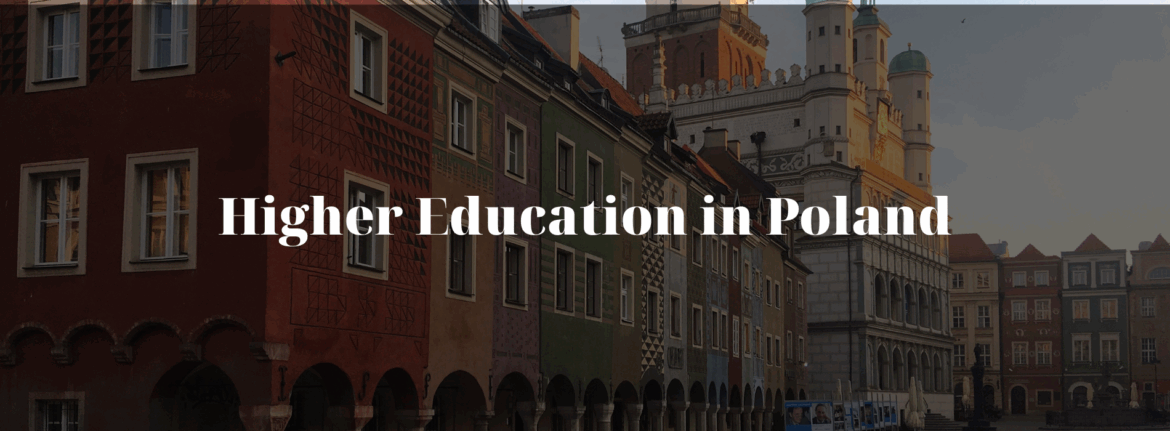
Poland’s system of higher education offers a wide array of opportunities for students looking to pursue advanced academic or professional degrees. From traditional universities to technical schools and artistic academies, the Polish model allows for diverse learning pathways that can suit nearly any interest, ambition, or career plan. Understanding how this system is structured—and how…